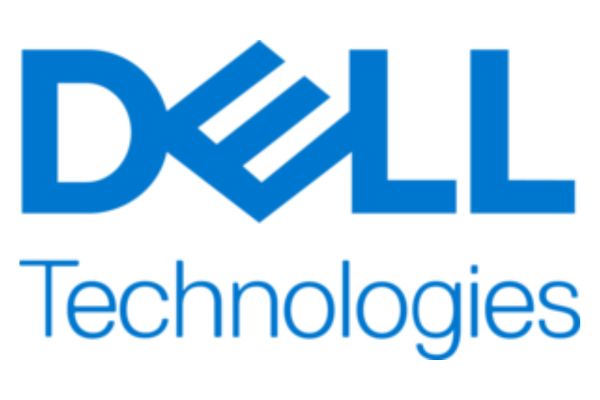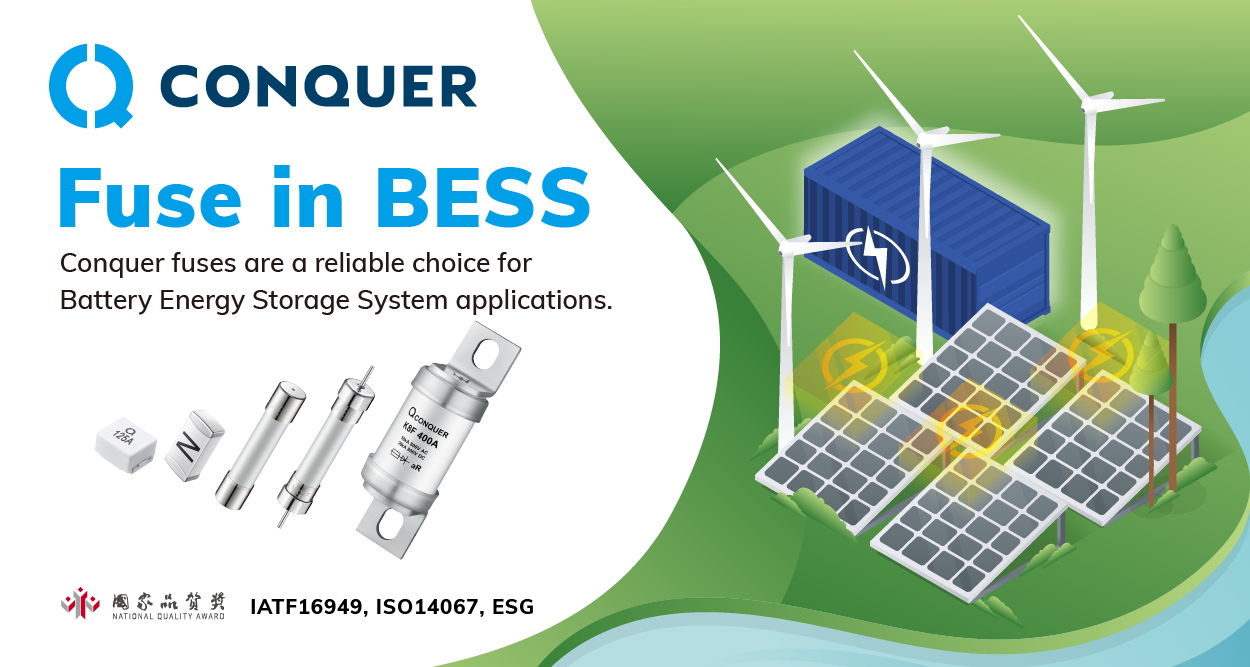We’re standing on the cusp of the AI revolution and businesses are all hoping to cash in on a technology that could define a generation. However, the adoption of AI also presents one of the biggest digital transformation challenges since the race to the cloud in the 2010s: managing the AI data boom.
The good news is that many businesses are recognising the need for investment to do AI properly, and re-allocating budgets accordingly. The Dell Technologies Generative AI Pulse Survey reveals that 76% are expecting to increase their IT spend to pursue AI projects. While this is a step in the right direction, how businesses spend this uplift will separate the leaders from the laggards.
So, what should top the IT spend list for the AI-savvy CIO? The answer is Storage.
AI is a data-hungry and data-generating technology. This means that our old methods of storing data need to evolve and grow around it. There is an increasing business need for storage strategies that are built for the AI-generation, and those who act quickly will race ahead. CIOs will be key in directing their organisation through these changing times, and the first challenge will be to get the business on board for the journey.
Here are five areas CIOs should consider getting their storage transitions off on the right track.
- Storage Challenges:
At the outset of your journey, it’s essential to identify and address the roadblocks that may arise. These include compliance issues, high storage costs, and the need for real-time analytics. By recognising these hurdles, you can work with IT teams to design a storage platform that can accommodate their current, and future, needs, while remining compliant with data regulations, giving them a competitive edge.
- Harnessing AI to optimise your storage:
AI and ML comes in all shapes and sizes, and some can be used early to pave the way for more complex deployments, such as GenAI. For example, you could use AI to optimise your current hardware for storage. Using AI solutions for existing hardware can identify areas for managing data, ensuring its available, secure, and high performing. This approach will be important as the business looks to introduce GenAI, as the ability to adapt and learn from data usage patterns will be crucial to its smooth running.
- Right modality and business model for your outcomes: While public cloud and on-premises cloud have been the de-facto storage solutions for businesses in recent years, it’s important to note that some data is better stored close to where it is created and consumed. This is true at both the edge and the datacentre. For example, in the manufacturing industry, where edge computing can simplify data management to help improve production operations and modernise and scale across various locations.
Security is also a factor when considering storage modality. How much control is required versus allowing access to data, and how much risk can one afford? The Dell Technologies Global Data Protection Index Report claims that 57% of the organisations in India feels that ensuring cyber security through hybrid or multicloud are one of the main barriers to their modernisation initiatives. Key considerations when thinking about the best place for your data.
- Data storage capabilities to drive innovation:
Data is the lifeblood of any business, as the insights it delivers can drive industry innovation and competitiveness. With the increasing value and volume of data, organisations are retaining more information to improve customer loyalty and bring new services to the market. However, storing this growing data set is challenging.
To keep hold of this valuable data, refreshing your technology to cope with the load is essential. It’s also important that the desired outcome of data-driven insights for innovation is baked into to your strategy at the outset.
- Data privacy and Security challenges:
Data breaches and privacy concerns are more prevalent than ever. Dell Technologies Global Data Protection Index Report says that 53% of the organisations in India have faced cyber-attacks leading to prevention of access to their data.
This indicates the need to develop a robust incident response plan that outlines the steps to be taken in the event of a data breach or security incident. Having a well-defined plan can minimise the impact of a breach and ensure a swift and effective response.
As part of your technology refresh, ensure that your storage platform not only delivers on performance but also excels in safeguarding your data. Collaborate with security experts, stay updated on evolving threats, and proactively invest in security solutions that can adapt to the ever-changing cybersecurity landscape. Data privacy and security are not optional; they are fundamental to your business’s reputation and success.
As we embrace the AI future, businesses must optimize their hardware for success. CIOs play a pivotal role in addressing data challenges, aligning storage with innovation, and preparing for privacy and security concerns, ensuring a smooth transition into this new era.
Those who act quickly and invest wisely in their IT infrastructure will not only gain a competitive edge but also lead the way in unlocking the full potential of AI and ML technologies, disrupting industries and changing the way we live and work forever.















